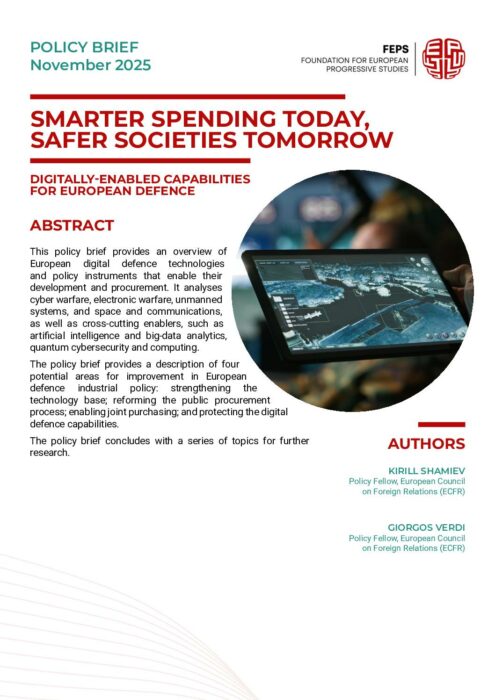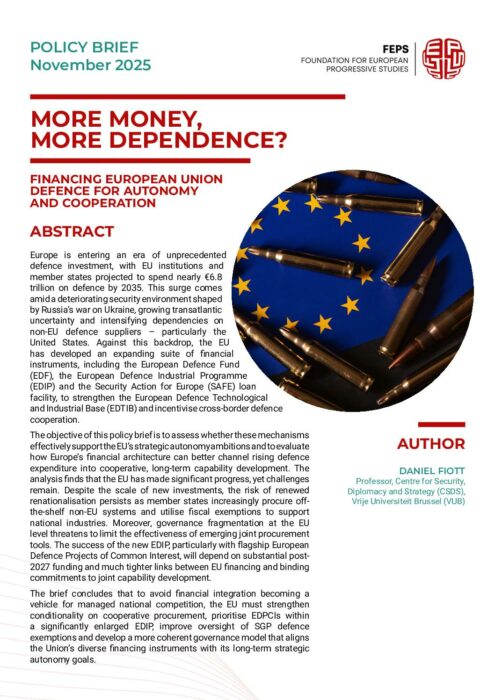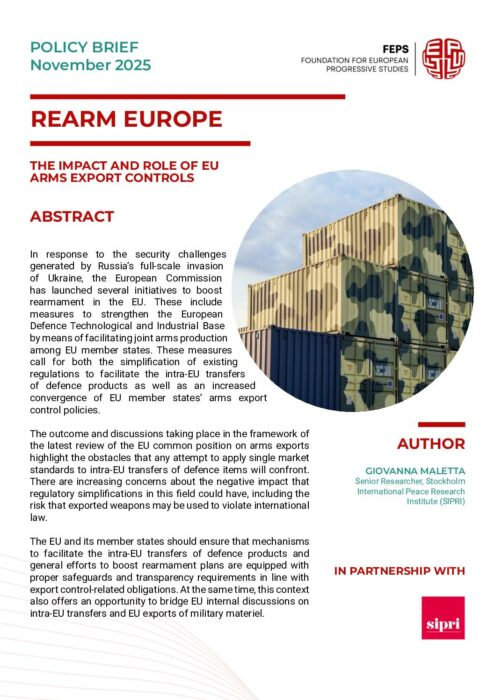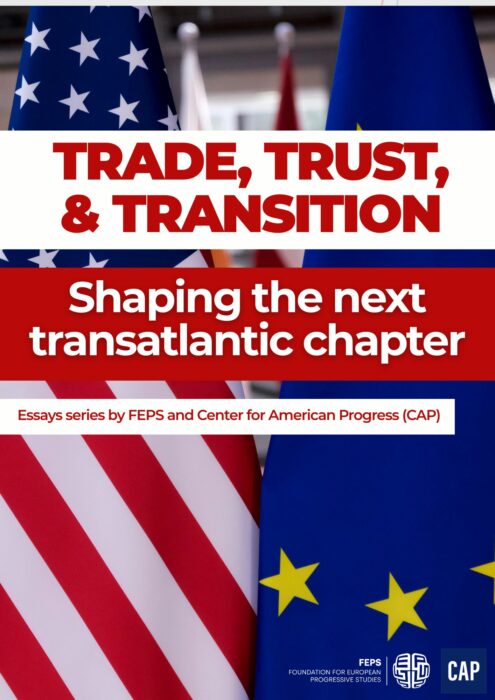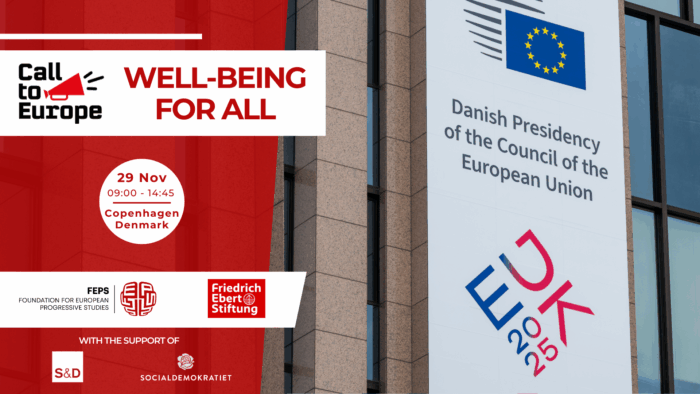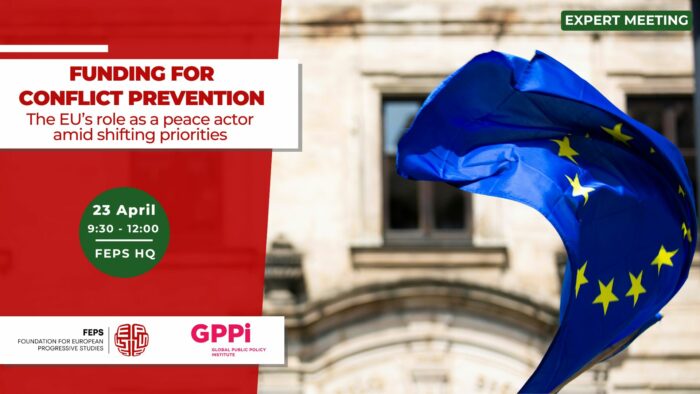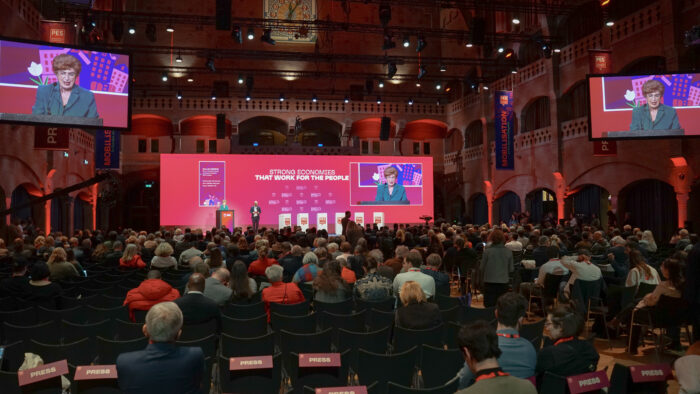Find all related publications
Publications
Find all related events
Events
Past
Find all related news
News
Find all related in the media
In the media
‘Bruselas, ¿te Quiero?’ Tras un verano cruel, Von der Leyen pide a Europa que “luche”
by Euronews 16/09/2025

